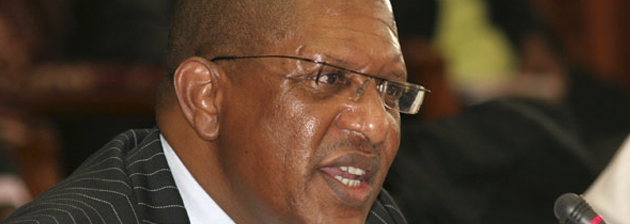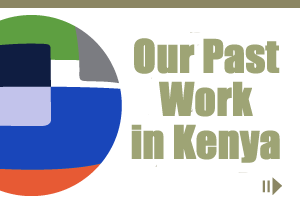By Shitemi Khamadi.
In his interview with the Select Panel on the Independent Electoral and Boundaries Commission (IEBC) commissioners, newly appointed IEBC chair Isaack Hassan said, “This panel has tried to fully comply with chapter six of the constitution.” This was in regards to the integrity requirements the panel set forth for those wishing to be part of the next electoral body. Isaack went ahead to suggest that the standards should be legislated to ensure the gains are maintained and used across all constitutional office holders and public service in general.
Perhaps the high standards set were informed by the bungled 2007 elections that resulted in the Post Election Violence. Indeed the Judicial Service Commission (JSC) started the process of public vetting in the manner in which the interviews for the Chief Justice were sought. The results of the process have been encouraging as exemplified with the reforms so far made by Chief Justice Willy Mutunga and his team.
While criticisms were leveled against the manner in which some interviewers, especially Lawyer Ahmednasir Abdullahi, questioned the candidates, the Judicial Service Commission was also praised for making the process open and transparent. Certain details of applicants came to fore, some of which were ugly and reduced earlier mighty individuals of the wig, to ‘kawaida’ (ordinary) Kenyans.
The process affirmed that they are just human beings with flaws like any other. Herein lies the issue, perfection is at best the product of a loser and every mortal can rise and crumble in equal measure. But the process has adequately paved way for more transparency in public appointments as required by the constitution. It has refreshed the desire for many qualified Kenyans to seek public office they previously loathed.
Public participation is part of this vetting process. Through memoranda, the public can give their views either in support or against a candidate. They also participate by viewing the aired live broadcasts. These are tangible gains that should be galvanized as the nation moves forward. Beyond the individuals, the process should be inculcated in all public institutions.
The challenge so far experienced has been that certain constituencies such as women are more likely to shy away from seeking these offices because public vetting process can be too ‘brutal’. There are no guaranteed boundaries between public and private life. Without such constituencies, adequate representation will not be achieved.
There is also a concern about what appears to be a trend, in making some appointments. Parochial issues of religion and ethnicity have cropped in, hence cutting out equally qualified candidates. Take for example when a candidate is ranked Nu 1 after their interview, but due to apparent horse trading, does not even become a member of the institution. Perhaps the manner in which the JSC sent only one name for the CJ and his deputy to the two principals, President Kibaki and Prime Minister Odinga, should be used.
Despite these challenges that can be ironed out moving forward, the train has started moving and it shall only dock at the station: transparency and accountability. Change is nigh.
The views of the author of this article do not necessarily reflect those of Internews in Kenya




